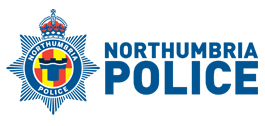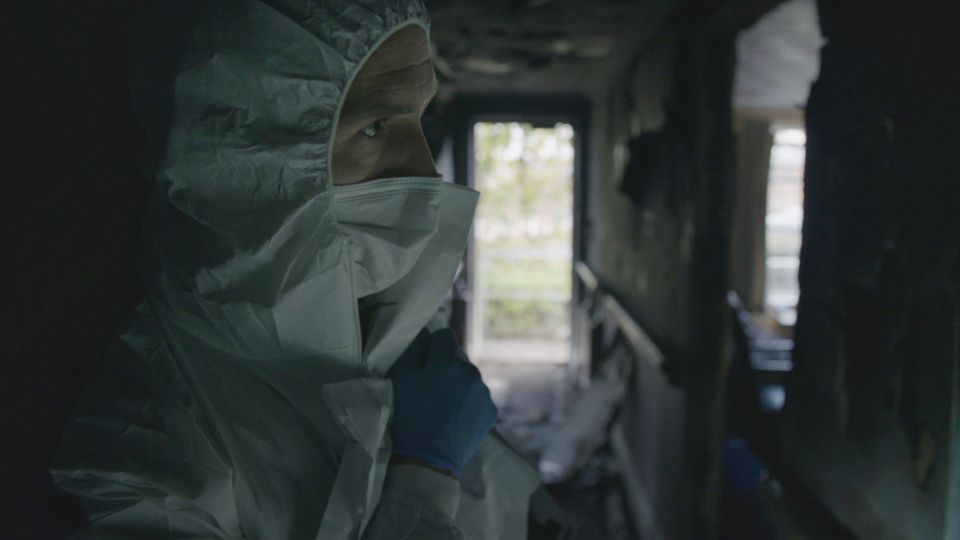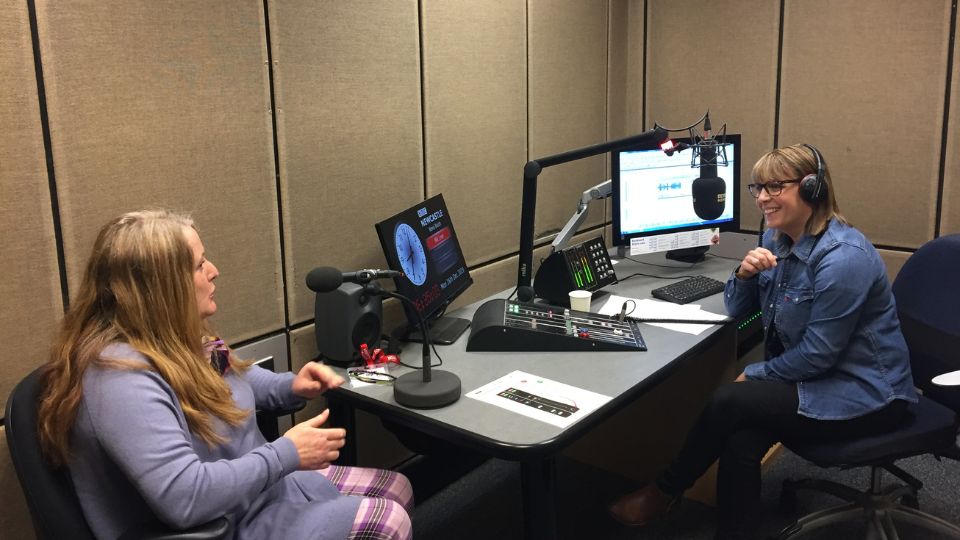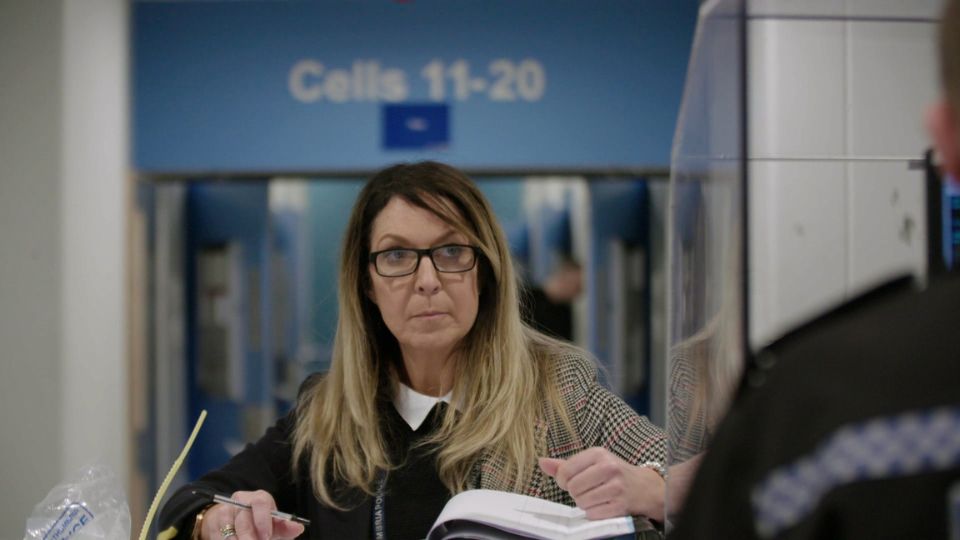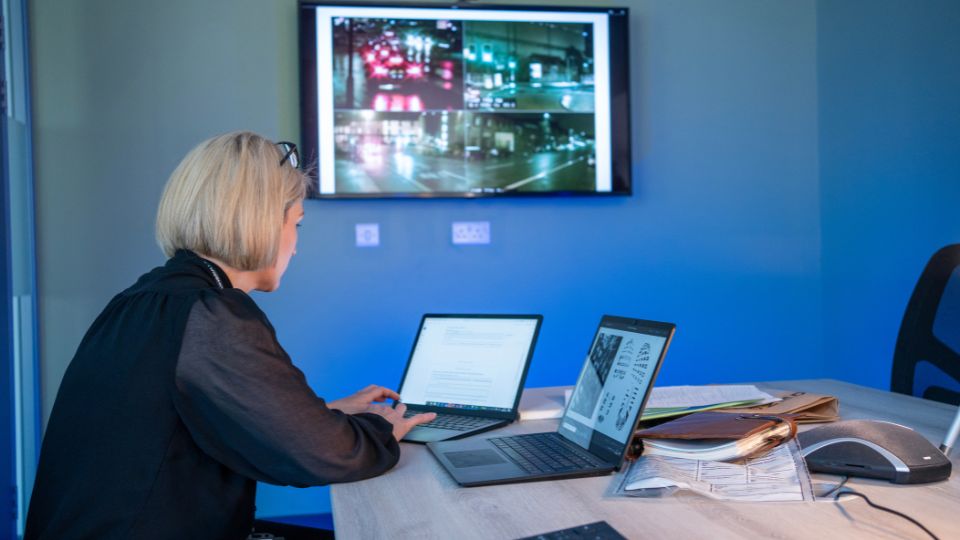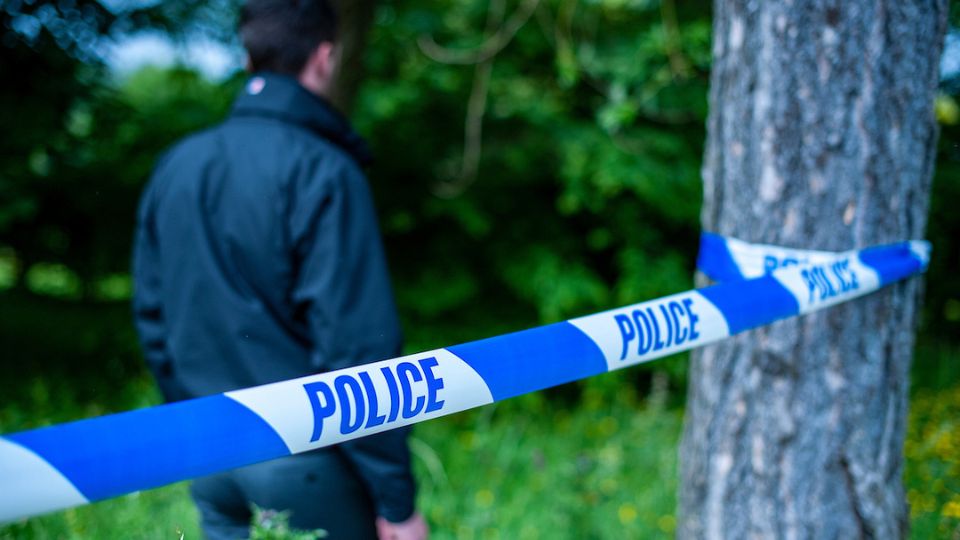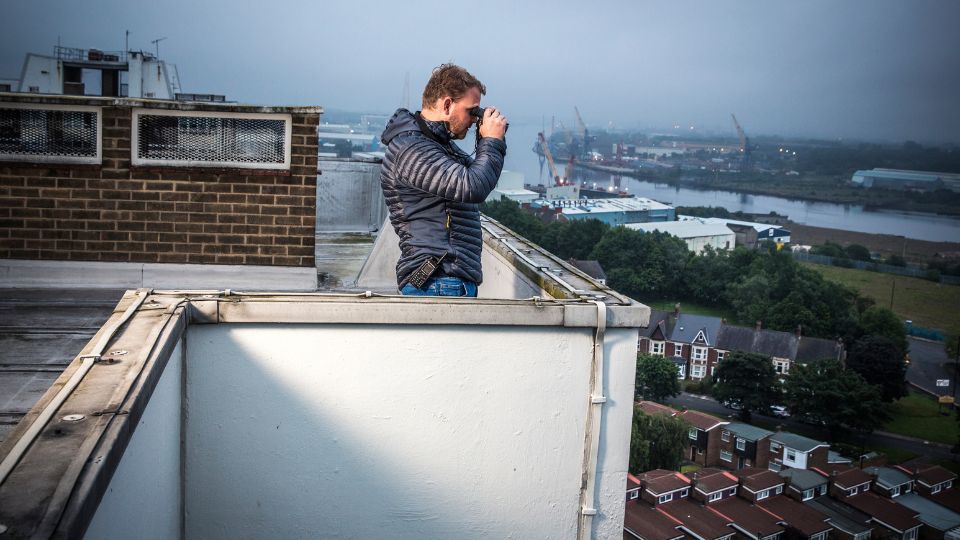Join us as a
detective
What does a detective do?
Detective constables – or investigators – uncover the story behind every crime, seeking out the smallest clues to solve the biggest cases. Their role is to:
What skills make a good detective?
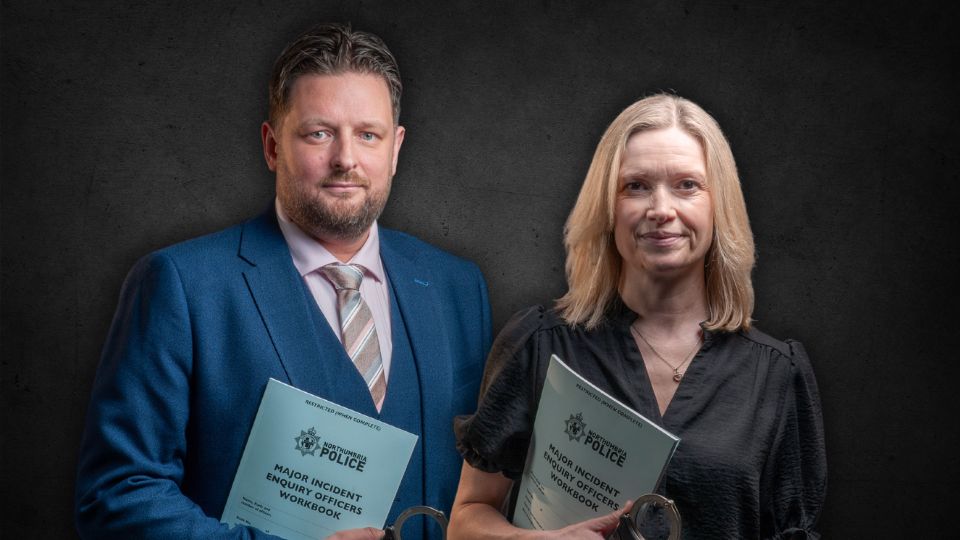
What is life like as a detective?
You’ll be earning from day one of your training as an investigator, with a salary of £31,164 plus a generous shift allowance.
Detectives work a range of shift patterns during the day and evening, but not full night shifts. On the current pattern, our CID teams work for 4 days then are off for the following 4 days, with a mix of weekend and weekday working.
Detectives begin their careers working in a local Criminal Investigation Department, which leads investigations into robberies, drug supply, assaults and other serious category crimes.
What are my long term career options?
Your options as a detective are vast. You could move into one of our specialist departments working on homicide, sexual offences, safeguarding or cyber investigations. Becoming a detective opens doors to covert or intelligence roles, or becoming a specialist interviewer or family liaison officer.
You can also gain further qualifications as a detective, enabling you to investigate more serious and complex crimes as you progress through the framework. As with uniformed officers, you’ll have the choice to move through the ranks, from a first line leader to a member of the senior leadership team.
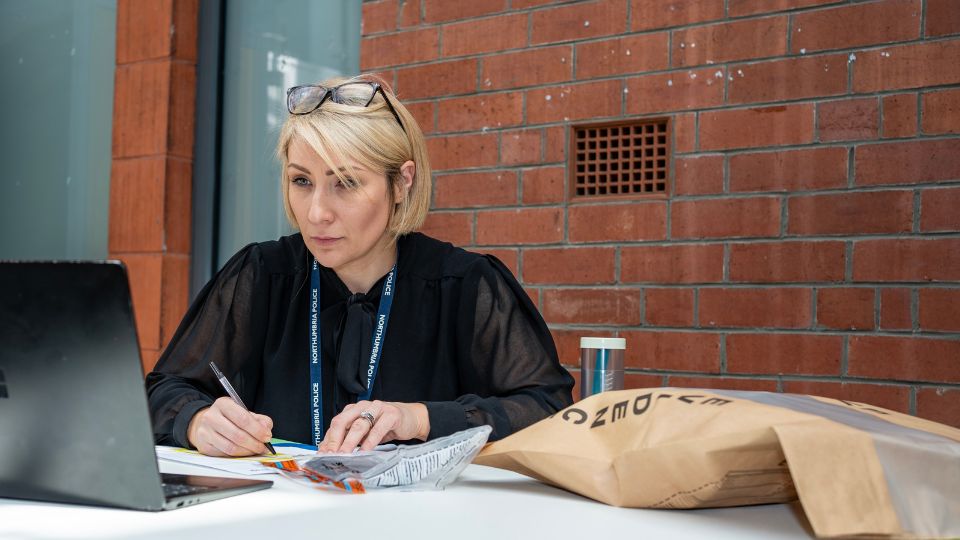
Next steps
Take your first steps into policing
Before you apply to become a 999 response officer, detective or neighbourhood officer you’ll need to join a mandatory information event.
Here, you’ll gain insight into what working at Northumbria Police is really like, find out more about the application process and how to prepare for the role, eligibility requirements, police officer pay & benefits, and you’ll have the opportunity to speak to current officers.
We’ll also guide you through the different entry routes available, including the degree apprenticeship, graduate programme, and experience-led pathways — so you can choose the route that’s right for you.
Choose your preferred date below to sign up for an upcoming online Teams event.
Can’t make these sessions? We’ll be running events all year, check back for later dates.
